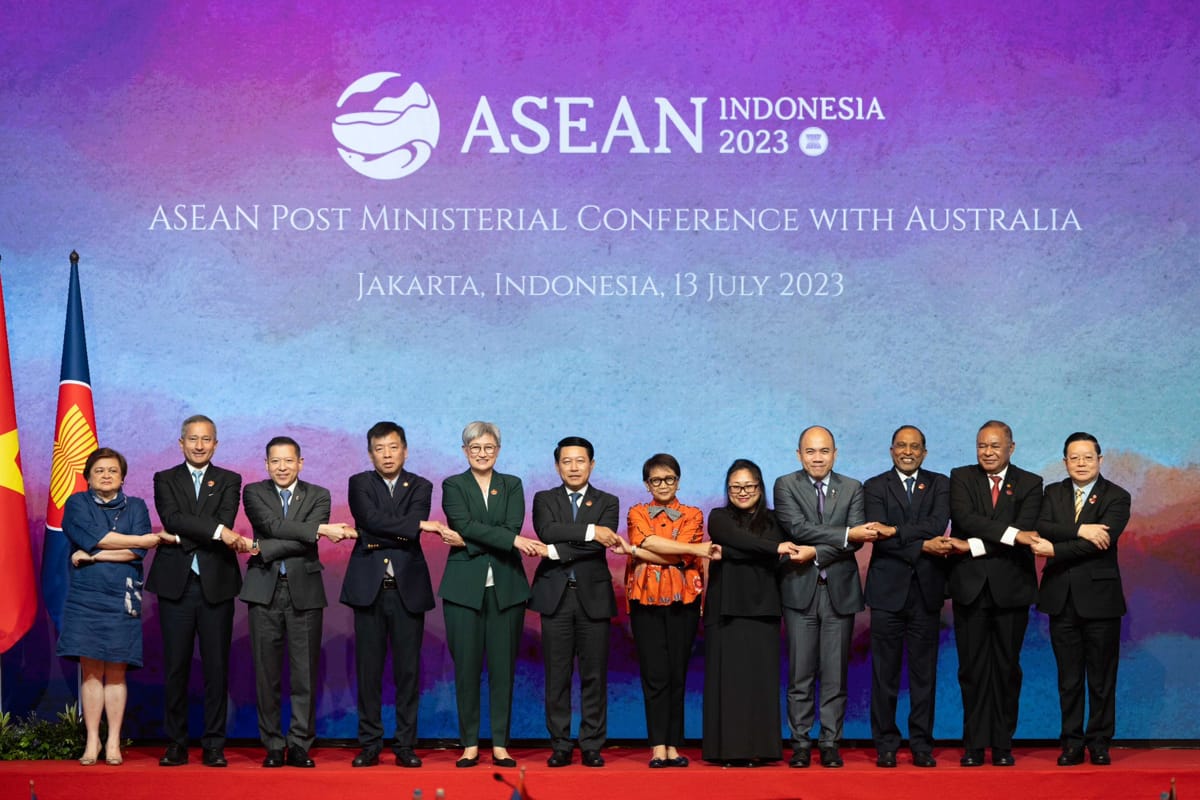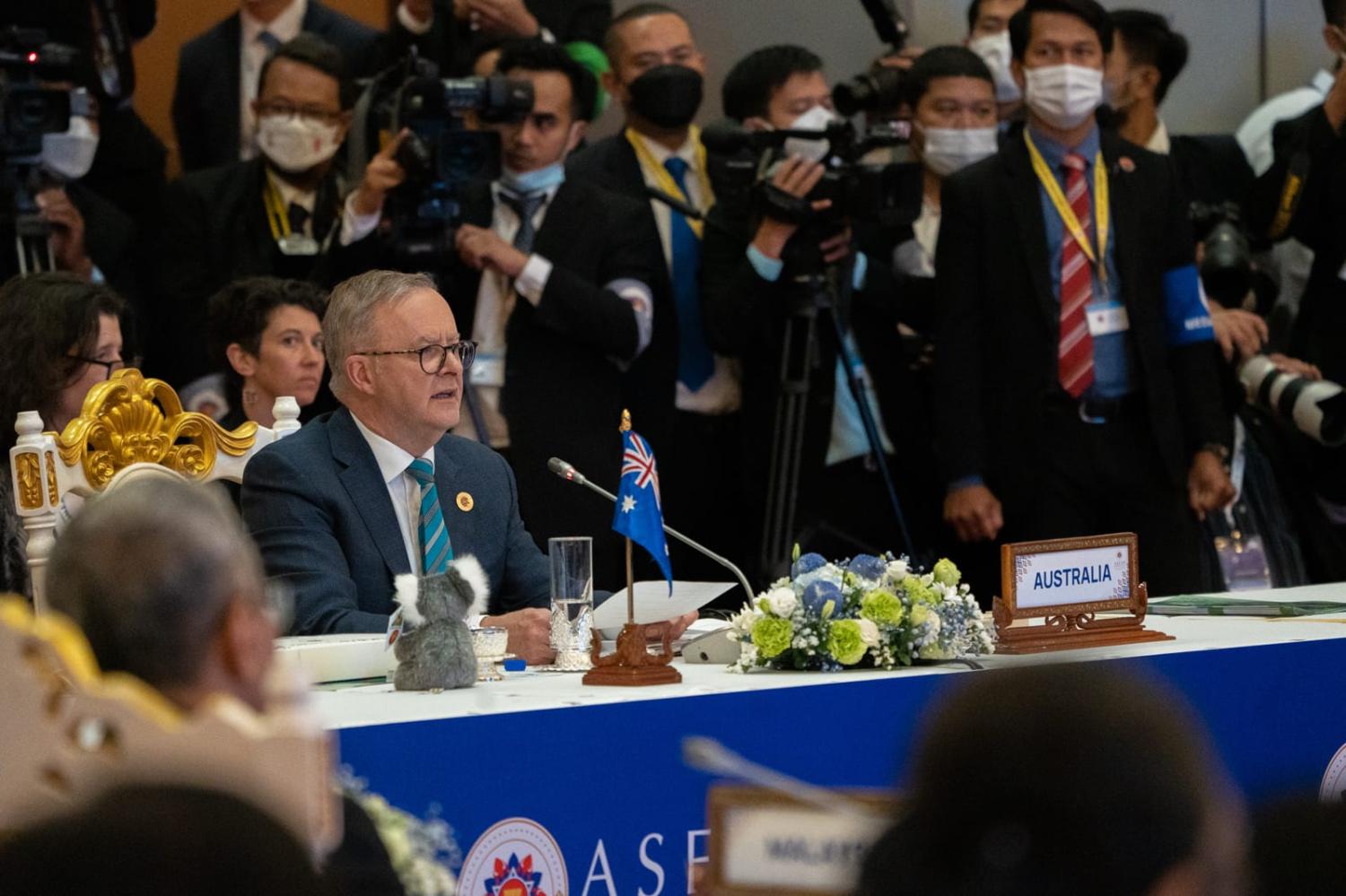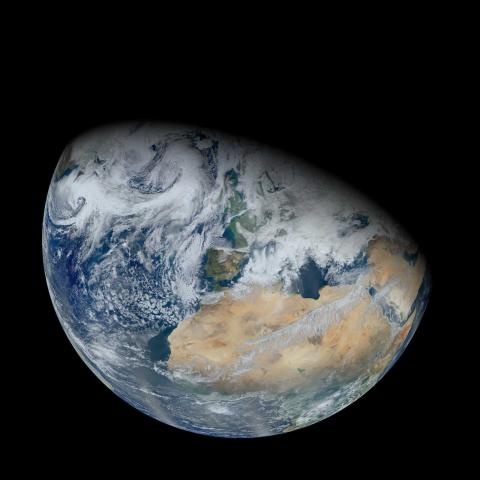Next week, Prime Minister Anthony Albanese will host the leaders of ASEAN and Timor-Leste for a summit to commemorate 50 years of partnership. Thanks to the cancellation of the 2023 Quad summit, this will be the biggest international meeting Australia has hosted since … the first ASEAN-Australia special summit in 2018.
What’s on the agenda this time round?
A mostly new crew
Most of the ASEAN leaders will be visiting Australia for the first time, at least in their terms in office. This means a big focus will be on relationship building. The exceptions are outgoing Indonesian President Joko Widodo, elder statesman Lee Hsien Loong of Singapore, and the long-ruling Sultan of Brunei. Ferdinand "Bong Bong" Marcos of the Philippines, Pham Minh Chinh of Vietnam, and Malaysia’s Anwar Ibrahim are undertaking separate bilateral programs to mark their first visits to Australia since taking office. Cambodia, Laos and Thailand also have new faces at the top, although to varying degrees each represents regime continuity.
Timor-Leste is now an official ASEAN observer, so Prime Minister Xanana Gusmão will join the Melbourne meetings. Australia has long wanted to see Dili welcomed into regional forums such as this, so will embrace Timor-Leste’s participation enthusiastically.
Finally, an extra guest: Albanese has invited New Zealand Prime Minister Christopher Luxon to cross the Tasman and meet his ASEAN counterparts.
A cut-through narrative
ASEAN matters, but often sags under the weight of acronyms and bureaucratic initiatives. Summit outcomes can proliferate – last year’s ASEAN-Japan summit announced a 130-point action plan. A US-ASEAN summit in 2022 suffered for a disjointed focus on disparate initiatives. Australia has set itself up for success by identifying a few key areas of focus: climate and energy; maritime cooperation; and economic ties. To differentiate itself from other dialogue partners, who are also competing for ASEAN’s attention, Australia will need clear and impactful outcomes that reinforce these priorities.

Search for economic outcomes
The Albanese government has hung its hat on boosting economic relations between Australia and Southeast Asia, with Nicholas Moore’s 2023 report Invested providing a blueprint. The summit will include a CEO Forum and briefings to help Australian small and medium-sized enterprises do business in Southeast Asia. Sound familiar? The 2018 ASEAN-Australia summit was also preceded by a major report exhorting Australian business to seize the ASEAN opportunity and included a CEO Forum and SME Conference. New funding and government support is now in play to actively facilitate Australian investment in the region, but will it really shift the needle?
Hot button issues and controversies
Despite its absence from the summit table, Myanmar will loom large in Melbourne. It remains the group’s single biggest challenge, but, in the face of intractable conflict, ASEAN’s diplomacy has stalled. Australia has heavily backed ASEAN to address the crisis and will likely want to discuss Myanmar privately in the summit’s retreat session and bilateral meetings.
More broadly, the poor human rights record of some ASEAN members means that some degree of criticism and protest on this score is always likely, including from diaspora communities in Australia. A couple of factors suggest that these issues may be less tense this time round, however: Cambodia’s strongman ruler Hun Sen, who goaded protesters in 2018, has been replaced by his son Hun Manet, who seeks to present a less confrontational global image. Likewise, the Philippines’ Marcos has struck a different tone from his predecessor Rodrigo Duterte, even if he has not officially ended the “war against drugs” campaign.
Another source of potential controversy: diverging views on the Hamas-Israel conflict. Malaysia maintains ties with Hamas, which it does not designate a terrorist organisation. Anwar has rejected Western pressure to condemn Hamas following the 7 October attacks on Israel. Restating these positions in Australia would embarrass the Albanese government.
The Albanese government’s policy of seeking stabilisation in its relations with Beijing, which plays well with ASEAN countries, makes public controversy related to China policy, including the South China Sea, less likely.

